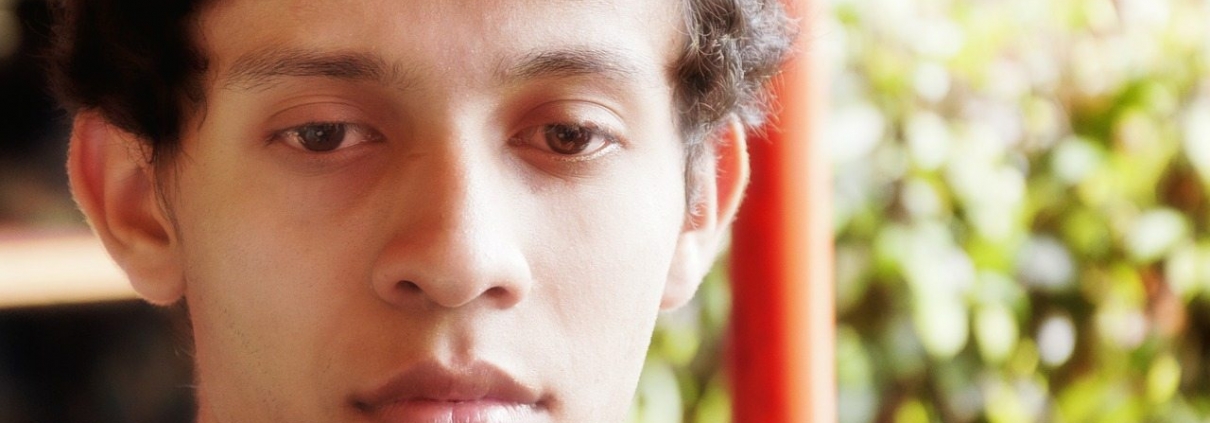Why Should I Show Gratitude to Allah for Being a Muslim?
Answered by Ustadh Salman Younas
Question: Assalam aleykum
I became a muslim because of my free choice. So why should I show gratitude to Allah for being a Muslim?
Answer: assalamu alaykum
Humans are ascribed with free-will in so far as they acquire their actions due to their choice (ikhtiyar), but man does not create anything. Rather, God is the only truly omnipotent being, and the actions of man are only possible due to God creating a power in him concomitant to any action he carries out: “God created you and all that you do.” (37:96)
We would not believe without God willing so and creating a mediating originated power within us that allows us to carry out our action. This is true for everything we do. We recognize that God is the one who is truly in control of all things. And we thank Him for giving us belief.
In addition to this, there are countless factors in our acceptance of faith. The signs that God has placed in front of us; the natural disposition we have been created with to recognize the divine; the people we come across; the moments in life that jolt us into searching for something more meaningful; our soundness of mind, body, and possessing an intellect; our very existence itself. We cannot take credit for any of these. It is all out of God’s generosity, His favor, and His tawfiq, that we are able to recognize and accept Islam.
In fact, if we reflect deeper on this point, we will ultimately realize that we can never thank God enough for His blessings and favors.
[Ustadh] Salman Younas
Checked and approved by Shaykh Faraz Rabbani
Ustadh Salman Younas graduated from Stony Brook University with a degree in Political Science and Religious Studies. After studying the Islamic sciences online and with local scholars in New York, Ustadh Salman moved to Amman where he spent five years studying Islamic law, legal methodology, belief, hadith methodology, logic, Arabic, and tafsir. He is currently a PhD candidate at the University of Oxford and continues his traditional studies with scholars in the United Kingdom.
